Britain & Ireland 1901-present
War and conflict, technology, illness and medicine and the battle for civil and national rights have all been key elements of the 20th century through to today, thus, all of those themes and many more are explored in this section. Underpinning many of these articles and included here are articles exploring pedagogical issues, managing knowledge and transferring knowledge. Read more
Sort by:
Date (Newest first) | Title A-Z
Show:
All |
Articles |
Podcasts |
Multipage Articles
-

'Please send socks': How much can Reg Wilkes tell us about the Great War?
ArticleClick to view -

'Victims of history': Challenging students’ perceptions of women in history
ArticleClick to view -
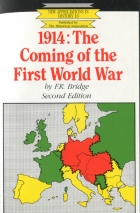
1914: The Coming of the First World War
ArticleClick to view -
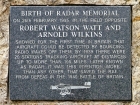
Arnold Wilkins: Pioneer of British Radar
ArticleClick to view -

Beyond tokenism: diverse history post-14
ArticleClick to view -
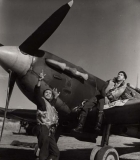
Bill Hall - Empire at War
Multipage ArticleClick to view -

Breaking the 20 year rule: very modern history at GCSE
ArticleClick to view -

Bringing school into the classroom
ArticleClick to view -
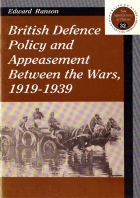
British Defence and Appeasement Between the Wars 1919-1939
ArticleClick to view -

Building an overview of the historic roots of antisemitism
ArticleClick to view -

Census 2021: using the census in the history classroom
ArticleClick to view -
Churchill: The Greatest Briton Unmasked
ArticleClick to view -

Come together: putting popular music at the heart of historical enquiry
ArticleClick to view -

Cunning Plan 100: teaching the First World War in Year 9
ArticleClick to view -

Cunning Plan 144: promoting independent student enquiry
ArticleClick to view -

Decolonise, don’t diversify: enabling a paradigm shift in the KS3 history curriculum
ArticleClick to view -

Diversifying the curriculum: one department’s holistic approach
ArticleClick to view -

Do Gypsy, Roma and Traveller children see themselves in your history classroom?
Multipage ArticleClick to view -
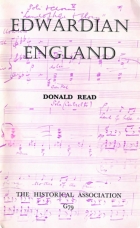
Edwardian England
ArticleClick to view -
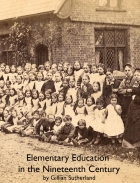
Elementary Education in the Nineteenth Century
ArticleClick to view

